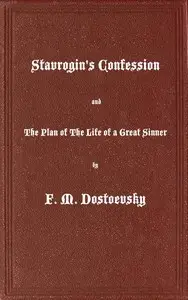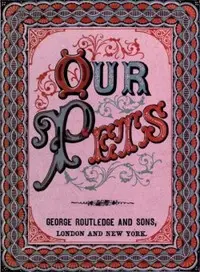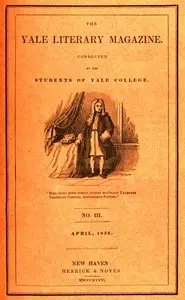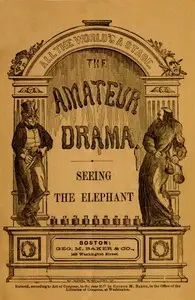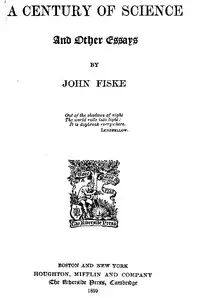"The Possessed: or, The Devils" by Fyodor Dostoyevsky is a novel written during the late 19th century. The story delves into the tumultuous social and political climate of Russia, reflecting on themes of radicalism, morality, and existential despair. At its center is Stepan Trofimovitch Verhovensky, a complex character who vacillates between idealism and ineffectiveness, within a narrative that critiques the revolutionary fervor of his time. The opening of the novel sets the stage by introducing Stepan Trofimovitch, an enigmatic figure cherished as a progressive thinker yet burdened by his own imaginative delusions of persecution and significance. The narrative unfolds with an exploration of his past, his flawed sense of purpose, and his tumultuous relationship with Varvara Petrovna, a wealthy widow who offers him both financial stability and emotional complexity. As the text progresses, hints of his involvement and influence over her son, Nikolay Stavrogin—a character associated with reckless behavior and societal outrage—begin to emerge, suggesting a network of personal and societal conflicts that bear significant consequences for the characters and the broader Russian landscape. (This is an automatically generated summary.)

The possessed : $b or, The devils
By Fyodor Dostoyevsky
Wikipedia page on this work: https://en.wikipedia.org/wiki/Demons_(Dostoevsky_novel)
Fyodor Mikhailovich Dostoevsky, sometimes transliterated as Dostoyevsky, was a Russian novelist, short story writer, essayist and journalist. Numerous literary critics regard him as one of the greatest novelists in all of world literature, as many of his works are considered highly influential masterpieces. Dostoevsky's literary works explore the human condition in the troubled political, social, and spiritual atmospheres of 19th-century Russia, and engage with a variety of philosophical and religious themes. His most acclaimed novels include Crime and Punishment (1866), The Idiot (1869), Demons (1872), The Adolescent (1875), and The Brothers Karamazov (1880). His 1864 novella Notes from Underground is considered to be one of the first works of existentialist literature.





